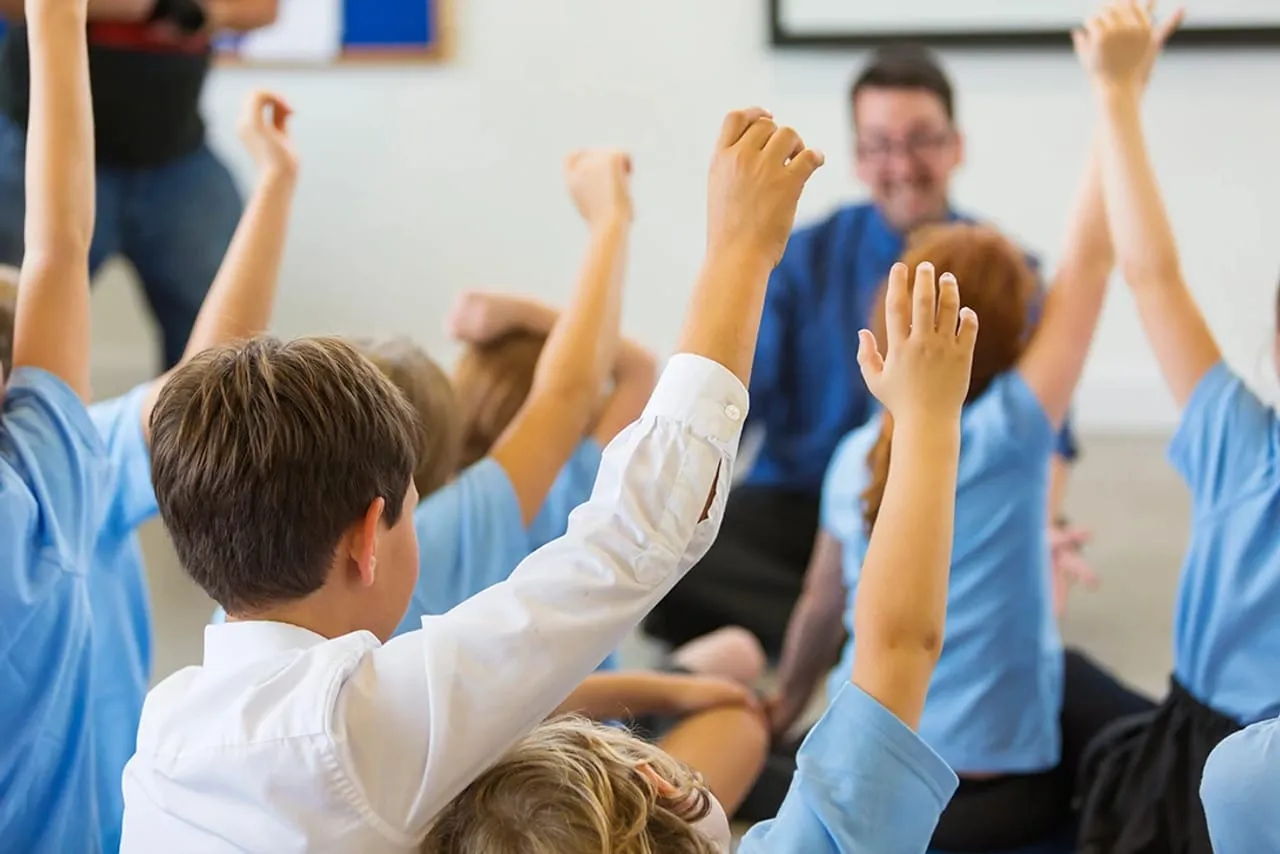The ability to read is probably the most important cognitive skill that we can pass on to our children. Reading unlocks a gateway into rich histories, information about the world we live in, as well as fantastical, alternative worlds where animals talk, and intergalactic battles are fought.
My obsession with reading was almost inevitable; my grandfather translated Jane Eyre from English to Sinhalese and, in doing so, opened up one of the most famous Bronte novels to generations of readers in a far-flung part of the world. On rainy days, on sunny days, on good days and on bad, my family will more than likely find me tucked away somewhere, book in hand.
The importance that we, as a country, attribute to reading is borne out by our relatively high ranking amongst other developed nations.
In the latest Progress in International Reading Literacy Study (PIRLS), England’s ten-year-olds came an impressive fourth out of the 43 countries that tested pupils at a similar age.
But we cannot be complacent. The school system has faced significant interconnected challenges in recent years, including the Covid-19 pandemic, a substantial increase in time lost to pupil absence, and the wider challenges in the economy and the rising cost of living. The pandemic and the associated closure of schools for the majority of pupils was associated with a fall in outcomes in reading assessments. It led to a renewed focus from policymakers and, more importantly, from schools, on reading and helping pupils to catch-up.
We have now seen that these learning losses have, on average, been recovered. But the effects have not been felt evenly across all pupils. There has been a widening of the gap between the highest and lowest attainers, and we have seen a widening gap between pupils from low-income backgrounds and their peers. Forty per cent of pupils from low-income backgrounds in England left primary school last year below the expected standard in reading, almost double the proportion of other pupils.
All of these results add weight to the argument that what happens beyond the school gates is critically important for children’s outcomes. During the pandemic we saw that outcomes in reading were far less affected than they were in maths, in part this is likely to be because children were more likely to continue to read and be supported to do so at home. In fact, the National Literacy Trust found that reading enjoyment levels increased substantially during the first lockdown, rising from a 15-year low to their second highest point since 2005.
However, those gains had been lost by 2022. It is a similar story from PIRLS. Across all education systems pupils who enjoy reading tend to achieve higher scores on the assessment but fewer pupils in England report enjoying reading than they had done in previous cycles, with boys less likely to report that they like reading than girls.
This latest in the series of What Kids are Reading reports is therefore an important and significant addition to the evidence base. By examining the books that children are reading and how well they are doing so, we can better understand how schools, parents, and carers can support children and young people to become happy, confident, and engaged readers.
Its comparisons of patterns within the United Kingdom will provide a useful resource to policymakers across our devolved and contrasting education landscape and they should consider what it tells us about what those different systems are delivering and how they are experienced by pupils.
If we want to maintain our position amongst the world leaders, then we need to ramp up our efforts to instil a genuine love of reading amongst children and young people. That means actively listening to them and being guided by their passion and motivations.
